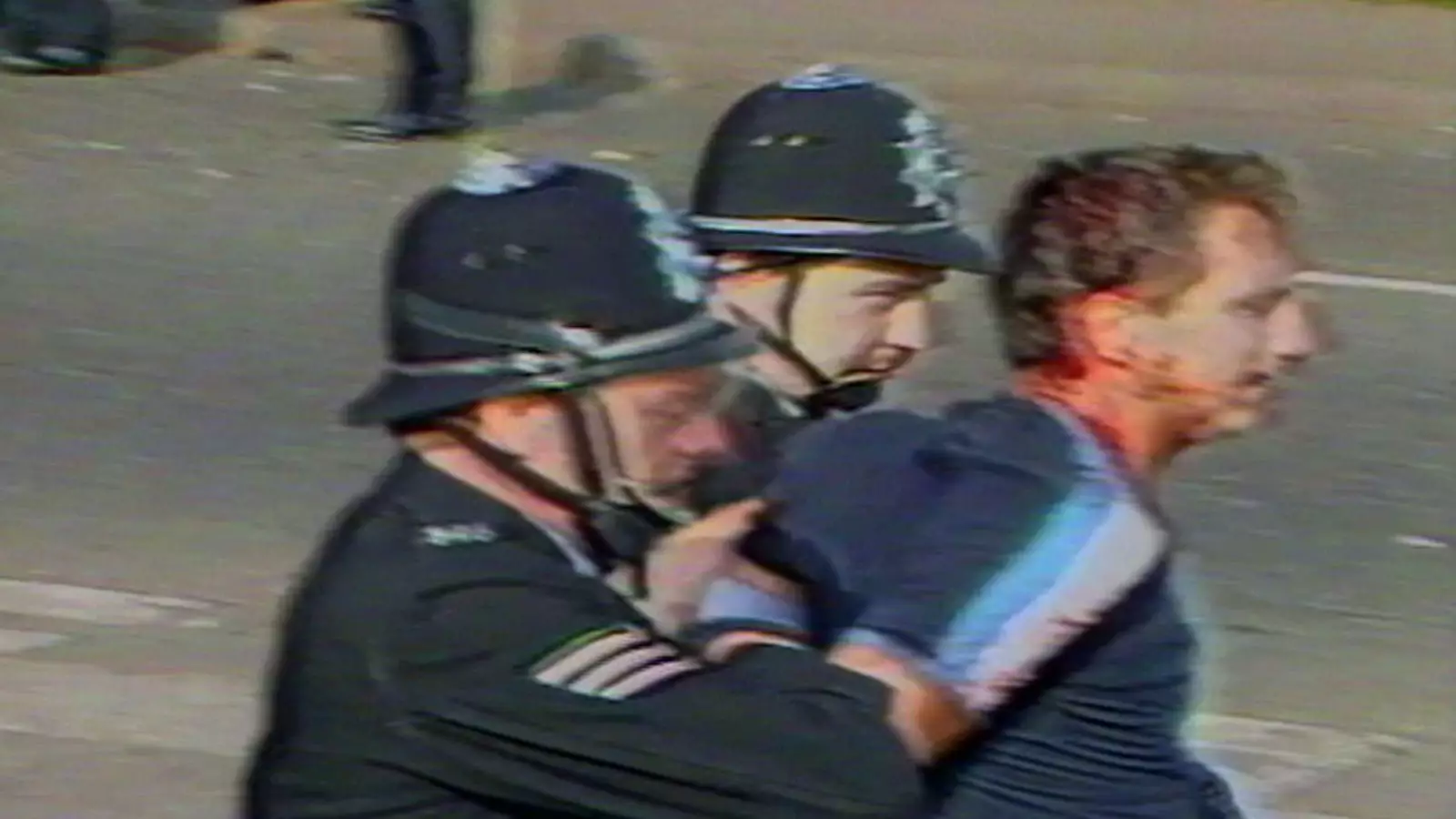For over four decades, the Battle of Orgreave has remained a dark chapter in British history—a stark reminder of government and police overreach during a time of intensifying industrial unrest. The violent clash between miners and police reflected not just the brutal reality of strike confrontations but also a broken trust between the state and working-class communities. Now, finally, a government-backed public inquiry promises to reveal the truth buried beneath decades of suppression and misinformation. While many see this as a vital step toward accountability, it also exposes a larger issue: the failure of institutions to reckon honestly with their past misdeeds.
This new inquiry signals a fragile hope for transparency, yet it also raises critical questions about why such truths had to be delayed for so many years. The truth, shrouded in secrecy and alleged suppression, is instrumental in healing a community’s wounds—a community that was collectively scapegoated for violence, despite mounting evidence suggesting systemic misconduct. The delayed acknowledgment of these injustices reflects a broader failure of institutions to prioritize justice over political convenience.
Manipulation and the Myth of Violence
What makes the Battle of Orgreave so disturbing is not merely the violence itself but the way in which narratives have been crafted and manipulated over the years. The police reports, judicial proceedings, and media portrayals unanimously blamed the miners, painting them as the aggressors in what was arguably a calculated show of force. The use of mounted officers, batons, and riot shields against peacefully protesting workers hints at orchestration—an attempt to criminalize legitimate dissent. Yet, official trials collapsed due to unreliable police evidence, further exposing how justice was sacrificed for political expediency.
This pattern of suppression reveals how powerful interests sought to frame the miners as villains, effectively silencing their voices. It exposes a disturbing tendency of state actors to manipulate evidence and suppress dissent—actions that have left deep scars on the community. The physical and psychological damage inflicted upon affected miners underscores the profound injustice embedded within these events, damage often dismissed or minimized by authorities and successive governments.
The Long Road Toward Accountability
The announcement of a public inquiry brings renewed hope but also serves as a stark reminder of how long true justice can take to achieve. Campaigners like Chris Peace and surviving miners have fought tirelessly, often in vain, against an institutional machinery designed to suppress their stories. Their persistent efforts underscore a centrist liberal belief that justice must be rooted in transparency, honesty, and accountability—principles that have often been sacrificed in the name of political stability or public order.
The inquiry, led by the Bishop of Sheffield, signals a willingness to confront uncomfortable truths. Yet, questions remain: Will the revelations truly hold those responsible accountable? Or will they serve merely as a solemn acknowledgment of past injustices, leaving the core issues unresolved? The fact that police have paid millions in compensation indicates some level of acknowledgment, but financial reparations cannot replace truth and justice.
Historical Injustice and the Need for Moral Clarity
The ongoing quest to unearth the truth about Orgreave highlights a fundamental moral failing: the neglect of working-class voices by those in power. There’s a palpable sense of outrage that the truth remained hidden for so long, and rightly so. When government and police authorities colluded in concealing misconduct, they betrayed the very principles of justice and democracy.
The delayed inquiry is a testament to the resistance that systemic injustice can foster within political structures, yet it also opens an opportunity for moral clarity. Recognizing past wrongs—especially when it involves state violence against civilians—is essential to restoring trust in institutions. Acknowledgment is not enough; genuine accountability must follow, shifting the narrative from one of suppression to one of healing and reform. Maximizing transparency and confronting uncomfortable truths will be critical if the legacy of Orgreave is to serve as a catalyst for systemic change, rather than merely a chapter of unresolved history.


Leave a Reply